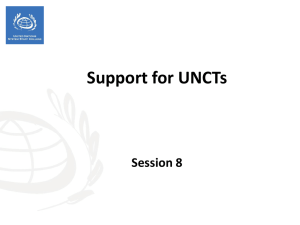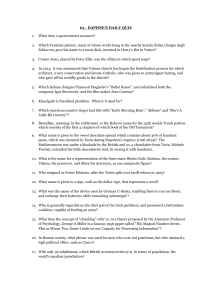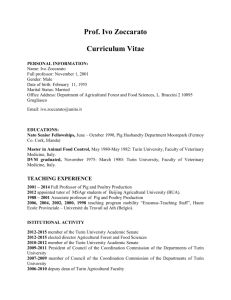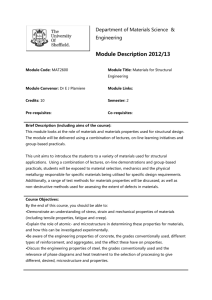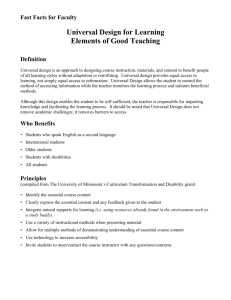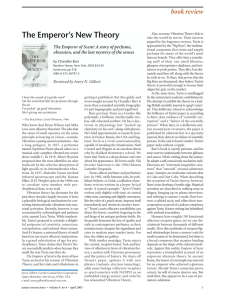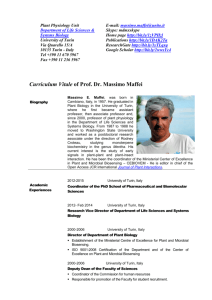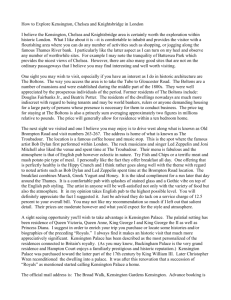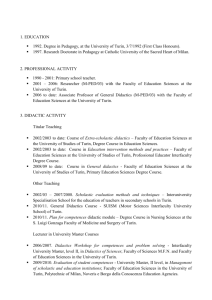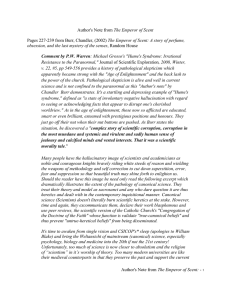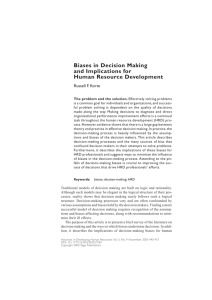The Science and Practice of Decision Making
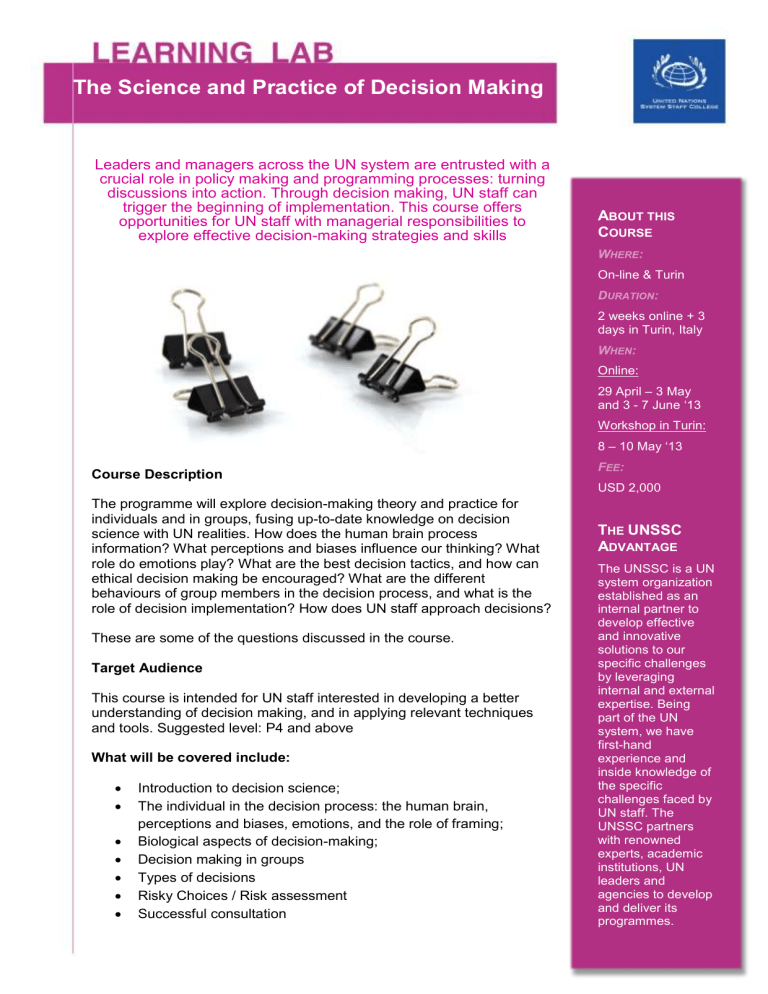
The Science and Practice of Decision Making
Leaders and managers across the UN system are entrusted with a crucial role in policy making and programming processes: turning discussions into action. Through decision making, UN staff can trigger the beginning of implementation. This course offers opportunities for UN staff with managerial responsibilities to explore effective decision-making strategies and skills
Course Description
The programme will explore decision-making theory and practice for individuals and in groups, fusing up-to-date knowledge on decision science with UN realities. How does the human brain process information? What perceptions and biases influence our thinking? What role do emotions play? What are the best decision tactics, and how can ethical decision making be encouraged? What are the different behaviours of group members in the decision process, and what is the role of decision implementation? How does UN staff approach decisions?
These are some of the questions discussed in the course.
Target Audience
This course is intended for UN staff interested in developing a better understanding of decision making, and in applying relevant techniques and tools. Suggested level: P4 and above
What will be covered include:
Introduction to decision science;
The individual in the decision process: the human brain, perceptions and biases, emotions, and the role of framing;
Biological aspects of decision-making;
Decision making in groups
Types of decisions
Risky Choices / Risk assessment
Successful consultation
A BOUT THIS
C OURSE
On-line & Turin
2 weeks online + 3 days in Turin, Italy
Online:
29 April – 3 May and 3 - 7 June ‘13
Workshop in Turin:
8 – 10 May ‘13
USD 2,000
T HE UNSSC
A DVANTAGE
The UNSSC is a UN system organization established as an internal partner to develop effective and innovative solutions to our specific challenges by leveraging internal and external expertise. Being part of the UN system, we have first-hand experience and inside knowledge of the specific challenges faced by
UN staff. The
UNSSC partners with renowned experts, academic institutions, UN leaders and agencies to develop and deliver its programmes.
The ethics and accountability of decision making
Decision challenges and successes in our UN work
Methodology
This course is delivered through a blended learning approach, combining on-line and face-toface activities. The course includes self-paced material, on-line discussions and assignments, as well as live interaction with tutors and other participants in our virtual classroom.
No special software is required to participate. The face-to-face portion of the course revolves around content inputs, experience sharing, and group work.
Faculty
Prof. Jennifer Lerner , Harvard Laboratory for Decision Science and the
Harvard Kennedy School of Government, USA
Hans Graf von Sponeck , Former Assistant Secretary-General and
Humanitarian Coordinator in Iraq, Germany
General Carlo Jean , Strategy expert, peace negotiator and writer, Italy
Dr. Ardawan Lalui, consultation expert, Lalui Leadership Development, Ireland
Enrolment type Availability Where Duration Tuition Fee
Open for registration to interested staff members
Open for registration
On-line & faceto-face course
2 weeks online plus 3-day workshop
USD 2,000
